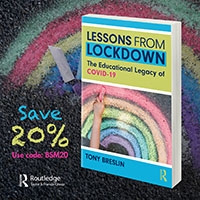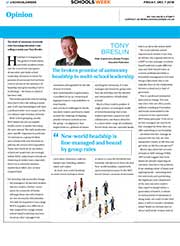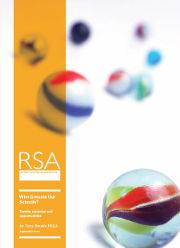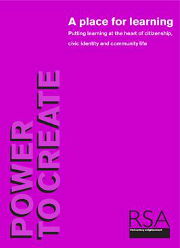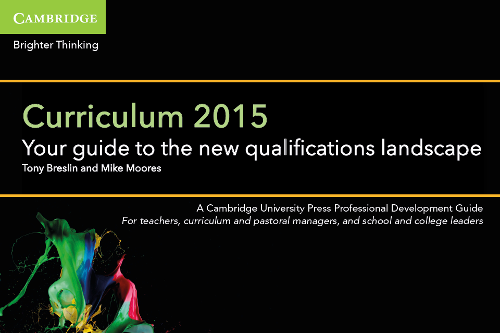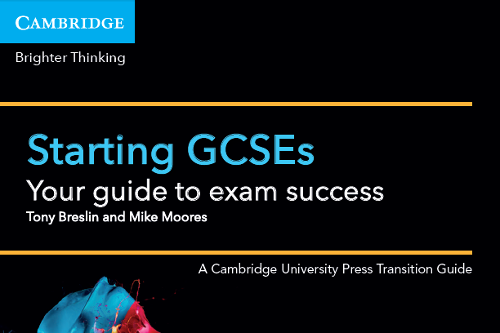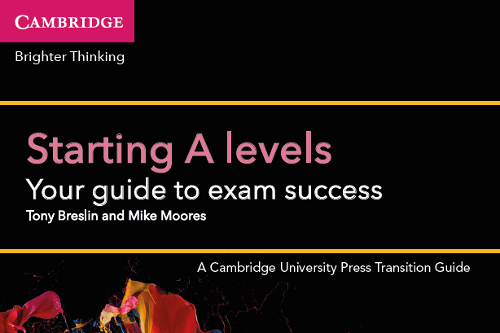












6.3% of the top 500 charities in Wales have BAME trustees, compared with 8% of FTSE 100 companies
Inclusive Boards, 2018

"Agencies across the governance landscape need to work together to establish a cross-sector working group or commission on governance."
Recommendation 29
Who Governs Our Schools? (RSA, 2017)
Transform Governance is a joint venture between Breslin Social Impact and Permuto Consulting


Need consultancy support? We have access to a range of specialists across sectors, across functions, and across the UK and beyond. Contact us to explore possibilities.
Ed Miliband and the re-building of trust in politics
Tuesday 9th July 2013
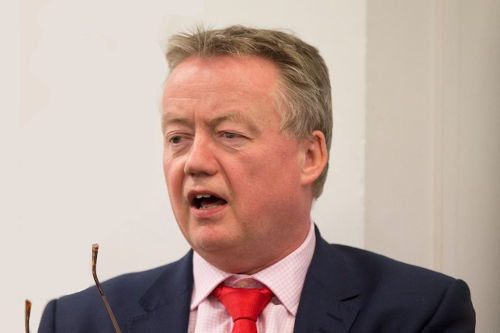
Today’s speech by Ed Miliband is powerful stuff and an honest, appropriate response to Falkirk but this is not just about ‘Labour and the Unions’. Below I share more of my personal experience than is usual on this ‘company’ blog – experience of Labour’s Parliamentary selection process itself. I’ve framed it as an ‘open letter to Ed Miliband’; in fact, it’s an open letter to all in politics…
Trust in Politics and the selection of Labour Party Parliamentary Candidates
An open letter to Ed Miliband
Dear Ed
We worked together when you were Minister for the Third Sector at the Cabinet Office and I was CEO at the independent charity, the Citizenship Foundation. I have been a member of the party since the age of 16 and have long held a commitment to the importance of political engagement in all its guises.
My own recent experience of the Labour Party’s parliamentary selection process has, though, been extremely disheartening – not because of the behaviour of some trade unions (which you are right to tackle and challenge) but because of the behaviour of a local party so determined to install a favoured candidate (one named as such on the ‘inside’ from the beginning) that it failed to long list a range of talented candidates on the grounds that it had been overwhelmed with applications. It subsequently provided local members with a shortlist of two (which hardly amounts to a ‘list’ at all), who then selected the long-tipped individual, the one that the local party had sought to ‘protect’ from challenge throughout the process. This individual may prove to be a terrific candidate but they deserve to pass the test of a fair, rigorous process and others deserve the right to enter the contest.
My request from the local party for feedback was refused (I was told that detailed notes were not taken and no scoring mechanism was used – it seemed that standard equal opportunities practice had yet to influence the process of selecting parliamentary candidates, at least in some local Labour Parties) and discussions with the regional party proved fruitless because the local party had, I was assured, ‘followed the (now revised) rules’. Conveniently, this selection was held under the ‘old’ process, one that was revamped earlier this year.
My point is that the commitment to deal with those who seek to unfairly install candidates on behalf of trade unions (while welcome) is insufficient if it is not matched with a commitment to reform local party selection itself, to tackle local (albeit declining) fiefdoms and to end that other privileged (and increasingly dominant) route into parliament – from intern to think tank to special adviser to safe seat.
Open primaries may or may not be an answer (and I think that it is right to explore their potential) but, as you argue, a better and more open, more inclusive politics certainly is. As somebody who has worked on the ‘project’ of building trust in politics for over a decade and who now works as a public policy analyst committed to opening up access to politics, I would welcome the opportunity to discuss these issues with you and to assist the party’s efforts in this regard.
I do hope that whoever is charged with sifting responses to your speech passes this one to you. In any case, I welcome the debate that you have started.
Best wishes in all that you are seeking to do.
Yours,
Tony Breslin
Director
Breslin Public Policy Limited
0330 660 0525 / 07973 885 915
tony.breslin@breslinpublicpolicy.com
www.breslinpublicpolicy.com
Tweet Share on Facebook















